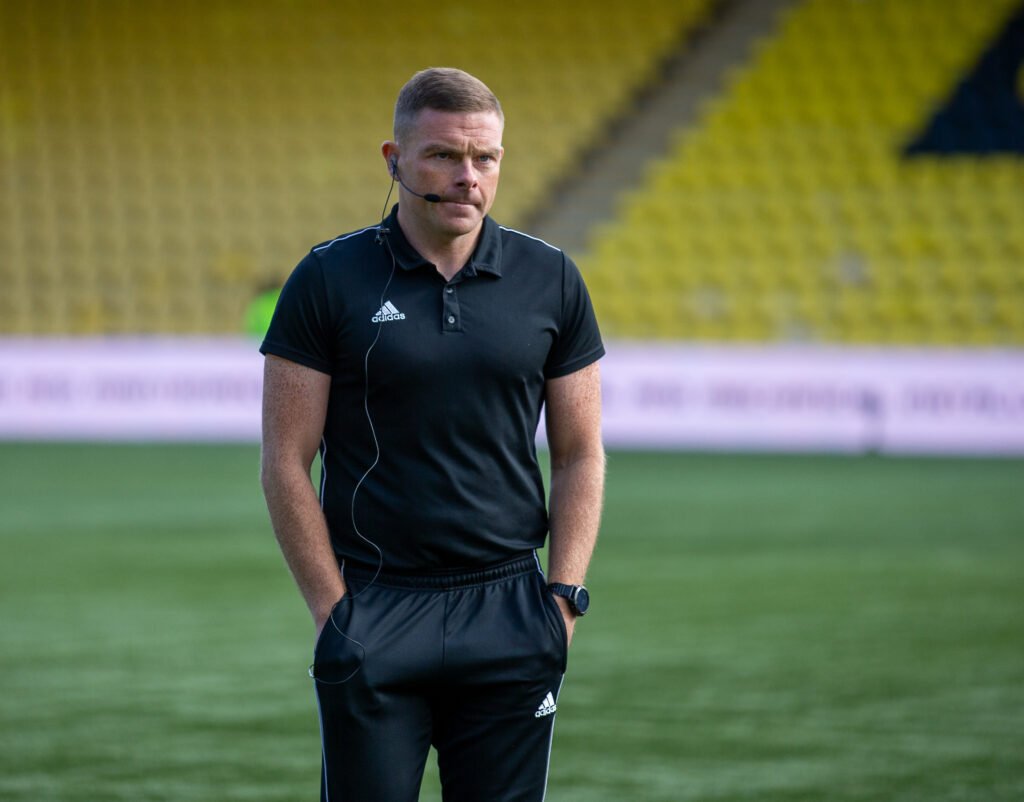The controversy over Celtic manager Brendan Rodgers’ scheduled disciplinary has been the source of fevered debate, with SSB pundit Hugh Keevins launching a scathing critique, labeling the proceedings as a “show trial” and questioning its legitimacy.
This comes in the wake of Crawford Allan, the head of referees, announcing his decision to step down, albeit remaining in position until the end of the season due to the lack of an immediate successor. Allan’s continued but diminished role has sparked debate, particularly regarding the appropriateness of pursuing disciplinary action against Rodgers for his criticism of John Beaton’s VAR performance during the Tynecastle game.

Keevins expressed his concerns in a RecordSport column, pointing out the precarious situation Allan finds himself in and the implications for the upcoming hearing. He wrote: “Crawford Allan’s decision to stand down as the head of Scotland’s referees, but retain the title until the end of the season on a nominal basis, raises serious questions. The first being the validity of Celtic manager Brendan Rodgers’ appearance in front of a disciplinary hearing on Thursday. Allan has effectively gone from office after a vote of no confidence in him, along with VAR and all its operatives, imposed by the Premiership clubs who were canvassed for their opinion.”
The backdrop to this controversy is a broader dissatisfaction with the implementation of VAR and refereeing standards in Scottish football, sentiments echoed by the Premiership clubs’ lack of confidence in the system and its overseers. Keevins’ commentary sheds light on the complexity of enforcing disciplinary measures in such a turbulent landscape, especially when the individual at the centre of the enforcement is considered a “lame duck.”

This situation leaves Celtic and Brendan Rodgers in an awkward position as they prepare for the hearing. With Rodgers potentially facing a touchline ban ahead of crucial matches, the debate over the fairness and timing of the disciplinary process has intensified.
The legitimacy of pursuing punitive measures under these circumstances is now under scrutiny, casting a shadow over the Scottish FA’s disciplinary procedures and raising questions about the influence of administrative challenges on the fair treatment of clubs and managers in the league.


